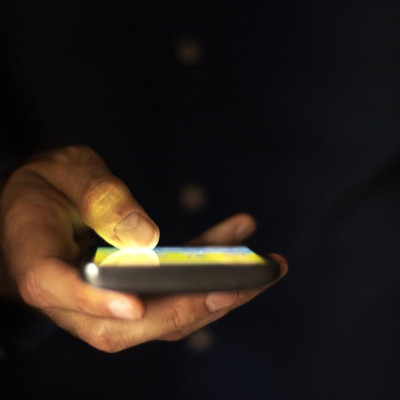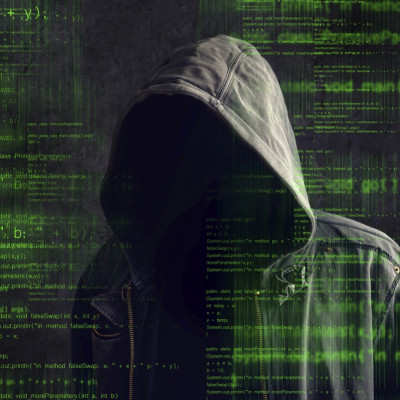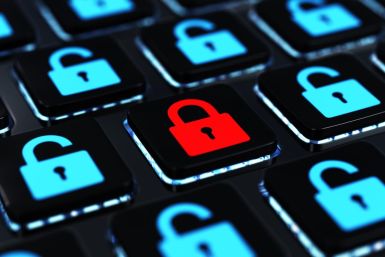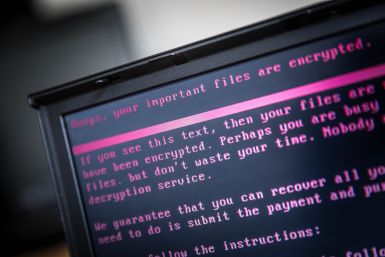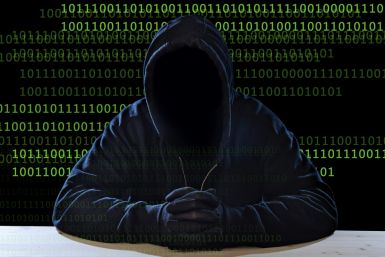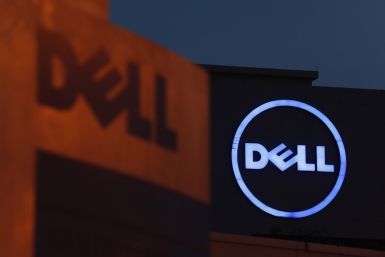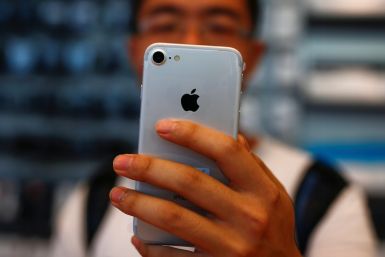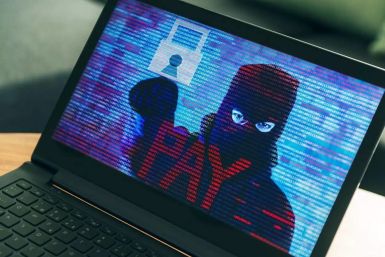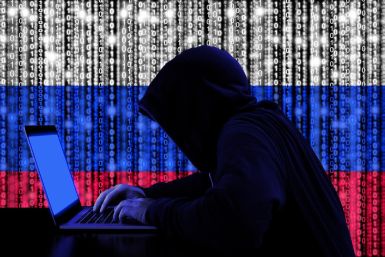This week in cybersecurity was defined by major attacks and global concern - here are the biggest cybersecurity stories of the week as chosen by the IBTimes UK tech desk.
The Kremlin-linked "troll farm", Internet Research Agency, bought ads on Facebook and ran popular Twitter accounts to post politically divisive stories and sow discord.
Upon analysis, multiple cybersecurity firms – including Cisco Talos, FSecure and Symantec – have now concluded that an exploit known as 'EternalRomance' helped the malware spread.
A San Francisco-based company, Vicarious, has built an AI that can see and read like a human brain, effectively rendering Captchas obsolete.
The National Audit Office (NAO) led an investigation into NHS response to the cyberattack, one of the largest to hit the healthcare service.
The lawsuit by voting transparency activists sought a review of the state's voting systems and called for an overhaul of its outdated election technology.
The Basetools site went offline shortly after the hacker dumped a sample of Basetools' database and posted the ransom demand.
Dell confirmed the URL was briefly taken over by another third-party at some point between June and July.
Some criminals lurking on the underground internet are building dedicated marketplaces for Android users, typically masked by the anonymity provided by Tor's "Orbot" app.
Krause said giving apps access to the camera will let them take images without your consent, record you at any time, and upload the footage to a company server.
Experts from cyber firm Check Point, who dubbed the flaws "HomeHack", were able to use the flaws to take control of LG user accounts which, by extension, gave them access.
The revelations come amid the ongoing multiple congressional investigations into Russian interference in the 2016 election and alleged ties between Trump's team and Russia.
The scam involves hackers tricking victims into divulging their wallet account passwords, which they would then use to clear out the victims' wallets.
Dark web vendors are selling credentials to hacked Remote Desktop Protocol (RDP) servers, which allow hackers to spy on and steal data from companies, without using malware.
The news comes nearly a year after disclosures from the Panama Papers shook the global political elite and triggered investigations into prominent figures worldwide.
The data of Tarte Cosmetics' customers was left publicly exposed via two unsecured MongoDB databases, which were later accessed by the Cru3lty ransomware gang.
The hackers reportedly had control over Coinhive's domain name for around six hours.
The botnet has now been christened "Reaper" and is said to be expanding at a rapid pace, using unpatched vulnerabilities to infect millions of devices.
According to Group-IB, a cybersecurity firm, the virus now spreading is dubbed "BadRabbit" and is a form of ransomware that locks down machines and demands bitcoin.
The malware is capable of stealing victims' contacts, reading and sending SMS messages and locking out users from accessing their phones.
The London Bridge Plastic Surgery confirmed the hack and the data theft, adding that it is still working on determining what kind of data was compromised.
So far, the ongoing FBI investigation has resulted in three cases against defendants across the US.
NCSC head Ciaran Martin confirmed that "hostile" nation-state hackers had hit Northern Ireland infrastructure in "significant" attacks.
Experts from ESET, a Slovakian antivirus company, said this week (23 October) that both Google and the real Poloniex crypto exchange have been notified.
The Anonymous group is known to use distributed denial of service (DDoS) cyberattacks in order to overwhelm website servers with traffic and force them offline.
The two-page file, lifted from the conference's website, was created on 4 October and researchers from Cisco Talos said attacks peaked three days later.
The DHS and FBI said in a joint report that the threat actors are "actively pursuing their ultimate objectives over a long-term campaign".
Hackers infected the installers of the Eltima Player and Folx apps with the Proton malware, which in turn was downloaded by unsuspecting users.
Pompeo said "the world has moved" and pledged that the CIA will now refine how it works to combat "non-state threats" and "state intelligence adversaries."
Research suggested that the new botnet is evolving at a rapid pace, and could soon be weaponised to launch cyberattacks in the same fashion as "Mirai" last year.









